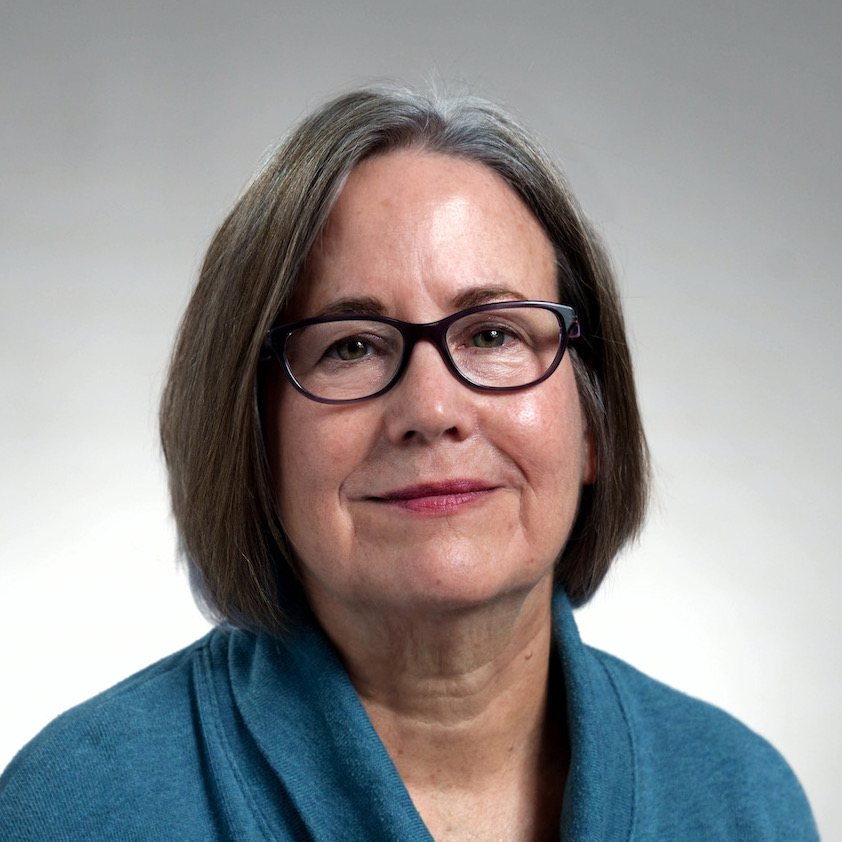
Health journalists seeking information from government agencies often encounter obstacles, especially at the federal level, according to AHCJ’s recent survey. The biggest roadblocks involve delays, bureaucracy, scripted replies, and barriers to interviews, survey respondents said.
Three-quarters said it is difficult to get the information they need from the federal government, and two-thirds reported difficulty getting adequate responses from state government.
Conducted this spring by AHCJ’s Right to Know Committee, the anonymous online survey sought to identify the hurdles that AHCJ members face covering government activities. It asked about federal, state and local agencies – and found problems at every level. But respondents said their biggest needs and biggest hindrances were with the federal government.
“Our survey confirms much of what we have been hearing anecdotally: too often, journalists — and by extension, the public – encounter delays and other barriers to information that government ought to readily provide,” said Irene M. Wielawski, chair of the organization’s Right to Know Committee. “But the survey also yielded detail about our members’ experience that will be useful in AHCJ’s ongoing work with government media officials to improve communication.”
The full survey can be found here and a summary here (PDF).
In the survey’s comment sections, respondents described their frustration with seemingly pointless procedural hurdles. “Public information officials tend to forget that their job includes the public,” one respondent wrote, adding that these media spokespeople “tend to adopt a defend-and-deflect posture.”
Some respondents objected to the practice of supplying written answers to questions. Two-thirds reported that, when they provided written questions to federal agencies, they “sometimes” or “often” got written answers instead of a requested interview. A quarter said these written replies from federal agencies are “rarely or never” adequate. But 45 percent said this form of response “sometimes” met their information needs.
In comments, respondents said written statements rarely fully answer the question, leading to time-consuming back-and-forth. “Written responses to written interview questions are the worst possible waste of time for everyone involved,” one wrote.
Others commented, however, that written responses can be helpful when they are prompt, succinct, and informative.
Among other top findings:
- Federal agencies: Nearly half of the AHCJ members who participated in the survey said they “always” or “often” seek information from the federal government, and 41 percent do so “occasionally.” All but 4 percent deal with media officials at least occasionally when seeking information. Forty-one percent find it “very difficult” and 35 percent “somewhat difficult” to get the information they need.
- State agencies: About 4 out of 10 respondents “always” or “often” seek information from state governments, and 85 percent go through the media office. Nearly 20 percent said it is “very difficult” and 45 percent find it “somewhat difficult” to get adequate responses.
- County and municipal governments: Just over a quarter “always” or “often” seek information from these local government sources. Reporters are less likely to have to go through a media relations official – nearly 30 percent never do so. They also report greater responsiveness: Fewer than half rated these encounters as “very” or “somewhat” difficult.
- Respondents reported that these three media-management practices are commonplace: requiring information and interview requests to go through the media office, requiring written questions, and having a public information officer sit in on interviews, whether on phone or in person.
- The vast majority of respondents objected to these practices, but split over whether they were “major” or “minor” obstacles to getting needed information.
- When asked which federal agencies were most difficult to work with, respondents ranked FDA worst, with 33 votes, followed by CDC (25), and CMS (23).
- When asked which federal agencies were most helpful, CDC came out on top with 26 votes, followed by NIH (16), and FDA (12).
The survey was sent to the association’s professional category members during February and March 2016 and just over 20 percent completed the survey. Participants included a disproportionate number of freelance members. Freelancers make up 24 percent of AHCJ’s membership but accounted for 46 percent of those who answered the survey. There was also a slightly higher representation of online journalists and of journalists with more than 20 years’ experience.
For more information, please contact Felice J. Freyer at felice.freyer@globe.com.





